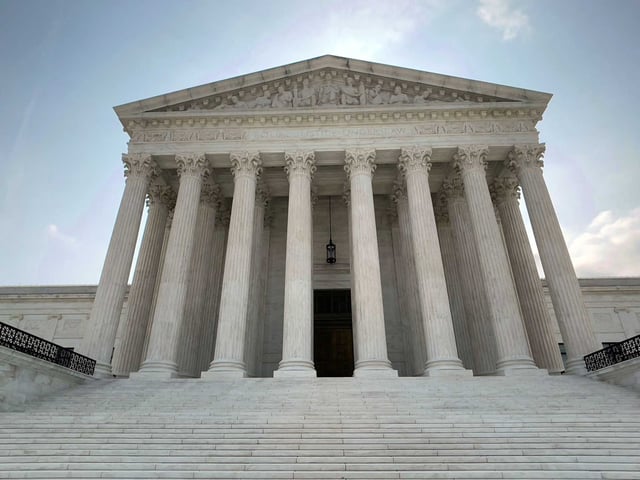Overview
- The 6-3 decision in Alexander v. South Carolina State Conference of the NAACP emphasizes partisan redistricting is constitutional, but racial gerrymandering is not.
- Justice Alito's majority opinion insists on a presumption of good faith by state legislatures in redistricting cases.
- The ruling reverses a lower court's decision that found South Carolina's redistricting plan was an unconstitutional racial gerrymander.
- The dissenting opinion argues that the majority's stance makes it harder to prove racial discrimination in gerrymandering cases.
- Critics argue the decision undermines protections for minority voters and reflects a broader trend of the Court deferring to state legislatures on election laws.


